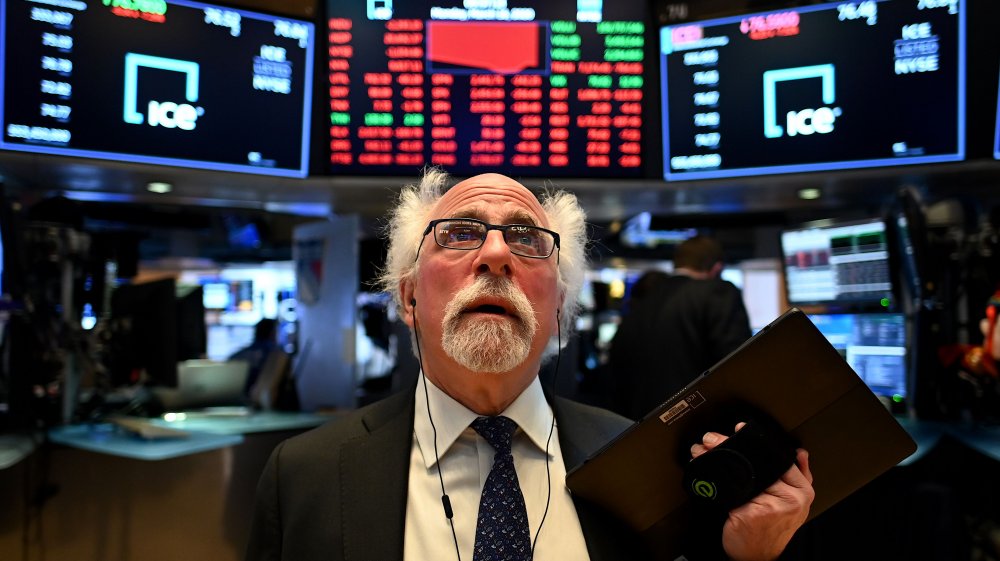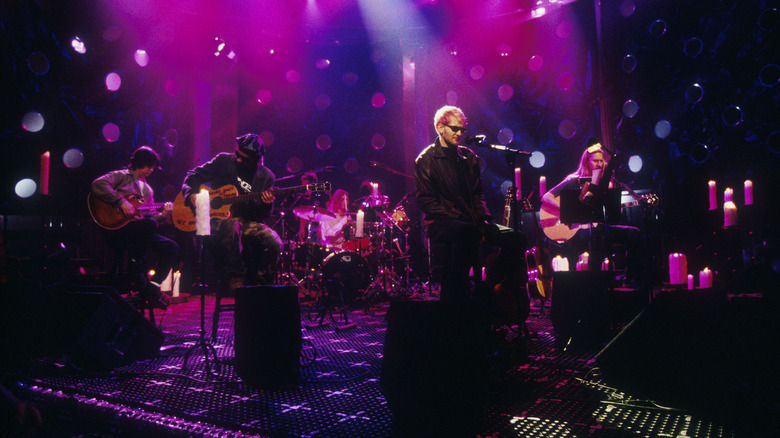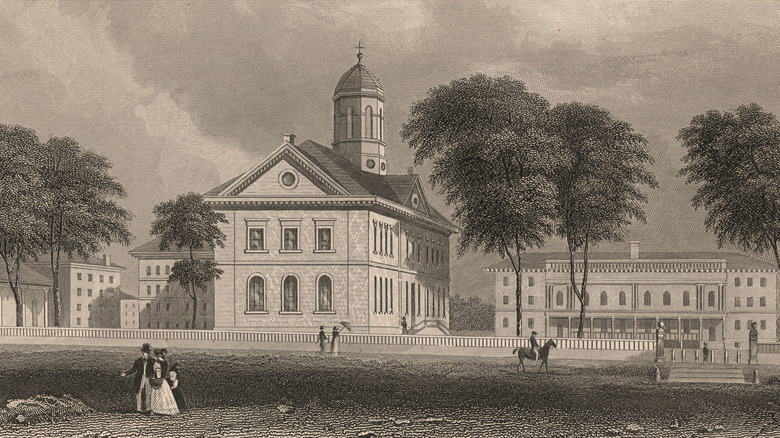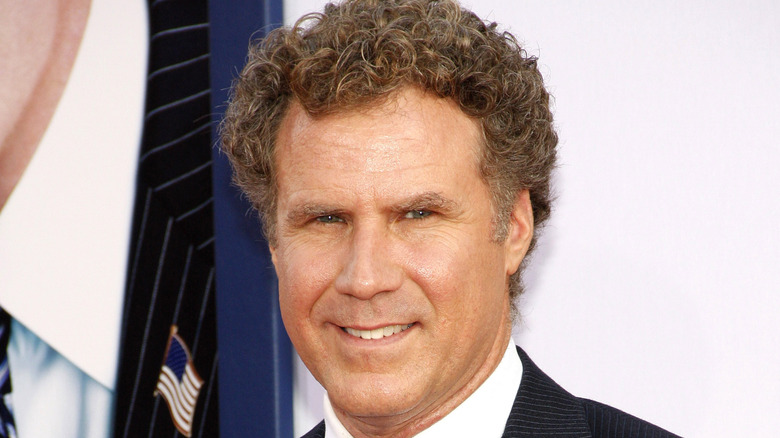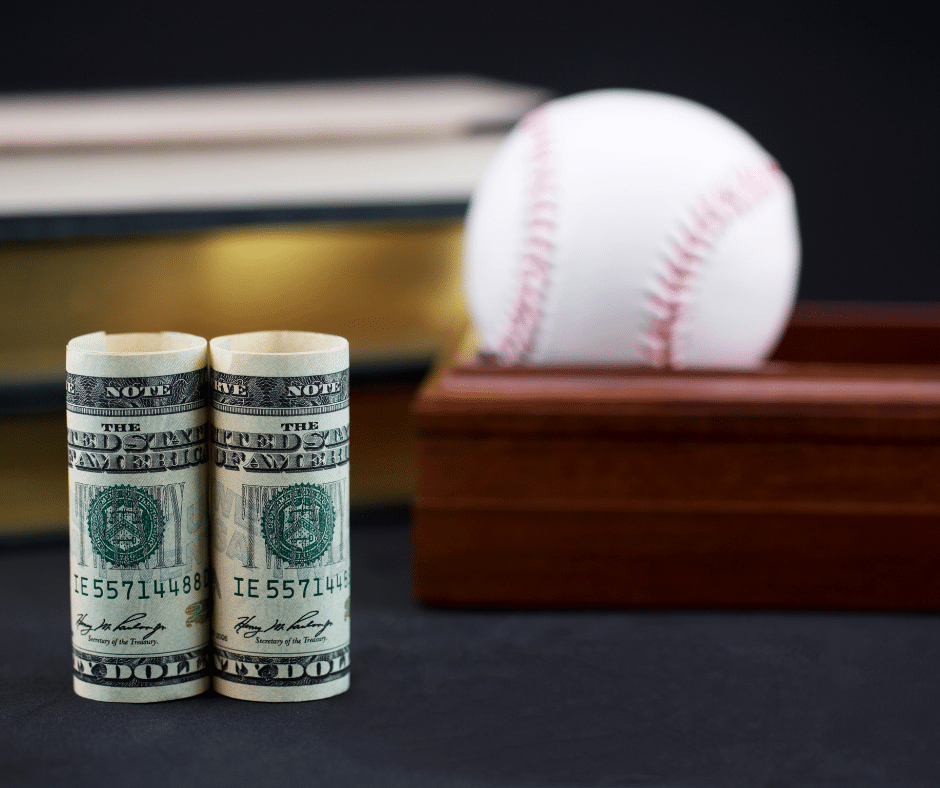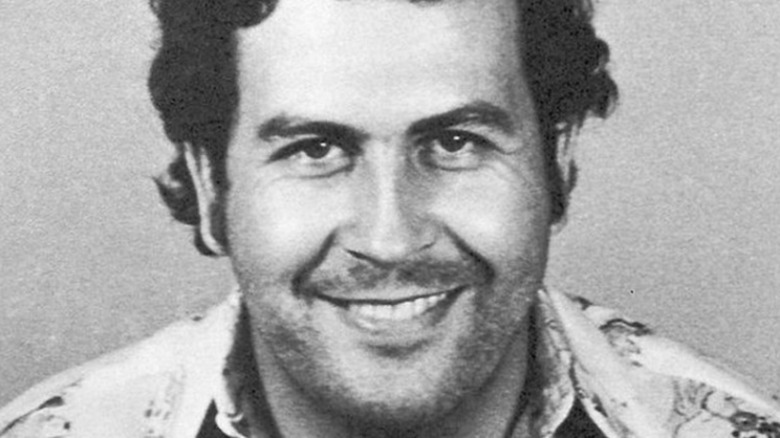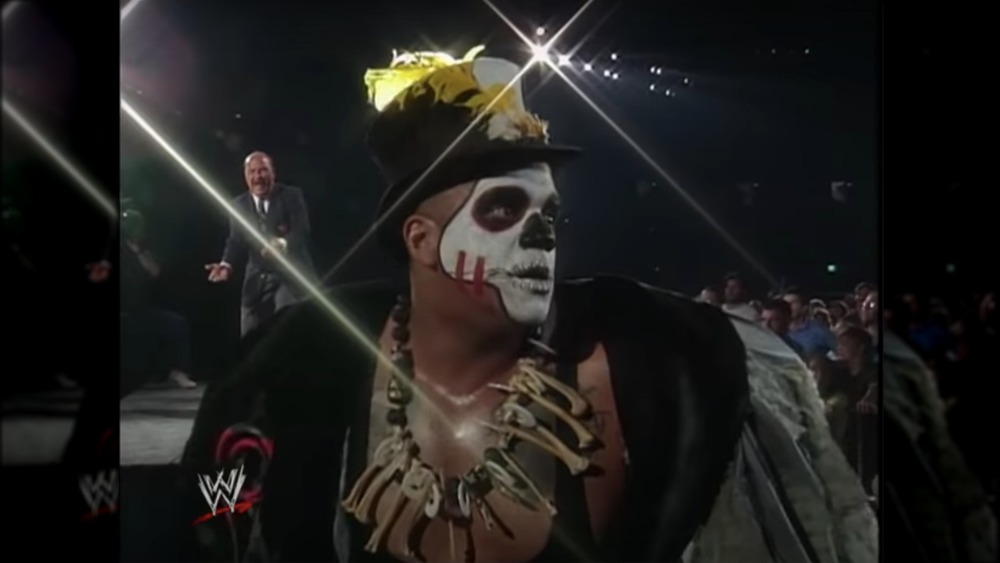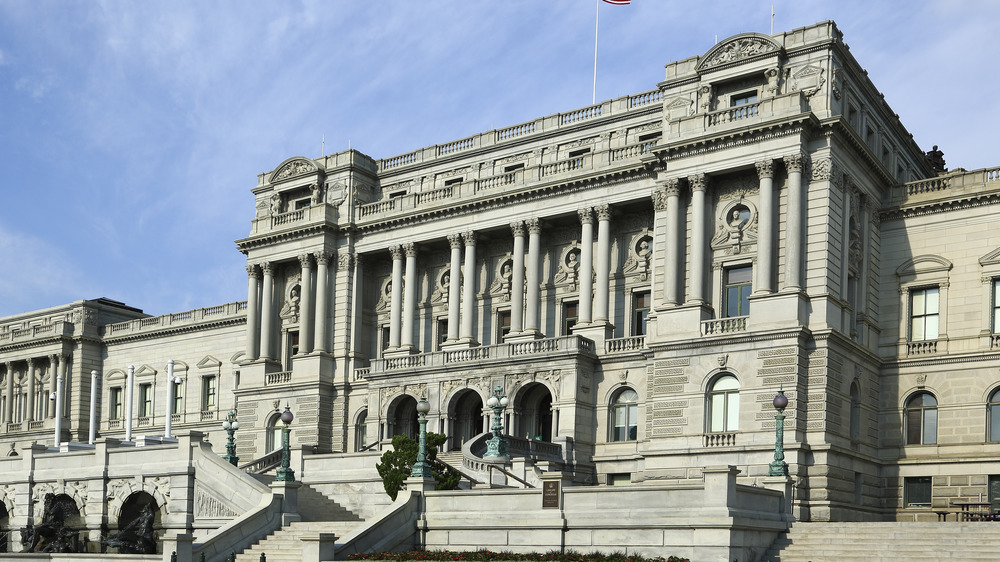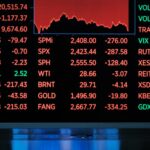
The Real Difference Between A Recession And A Depression
There’s a classic gag that never fails to get a great reaction: How many economists does it take to screw in a lightbulb? The answer, of course, is none, since they’re all waiting for the unseen hand of the market to correct the lighting disequilibrium.
Once you’ve had a chance to knit your shattered funny bone back together, you’ll no doubt notice that the world of economic theory is less akin to a hard science and more like a vaguely defined pseudo-religion built on doublespeak and an ever-present sense of dread. Inaccessible, omnipresent, and somehow responsible for all of the woes of rich dudes over 50, the economy is, as far as we’re able to understand these things, kind of a big deal.
All of which makes it frightening when the stock market takes a tumble, as it did in early 2020 when looming fears of the coronavirus led to forced stops on trading a historic four times in two weeks. Rumbling of a coming depression tumbled out of the Twitter feeds of pessimists, while the more pragmatic but still not-fun-at-parties crowd foresaw a fast-approaching recession. And that begs the question: what’s the difference?
Recessions vs Depressions: a primer
Alright, so remember how we alluded earlier to the fact that economics is closer to gut-based money alchemy than, say, math? It turns out that there isn’t a firm line of delineation between a recession and a depression. It can be a little jarring to find out that the financial stability of the world rests with a discipline in which words don’t mean anything, but here we are.
As Fortune puts it, “There is no standard definition of the difference between a recession and a depression but depressions are typically more severe in terms of the magnitude and length of the economic contraction.” In other words, you can’t really spot a true-blue depression until it’s already well underway.
The last six points in U.S. history commonly accepted to have fallen under the category of “depression” took place between 1893 and 1933. They all lasted more than a year, and saw the country’s GDP dip 14% or more. The Great Depression went on for 43 months, with a total GDP contraction of 26.7%. Recessions, on the other hand, tend not to last as long or cause, comparatively, as much damage. The U.S.’s longest recession lasted from December of 2007 until June of 2009, and caused around a 5% loss to the GDP. There. Now that’s cleared up.
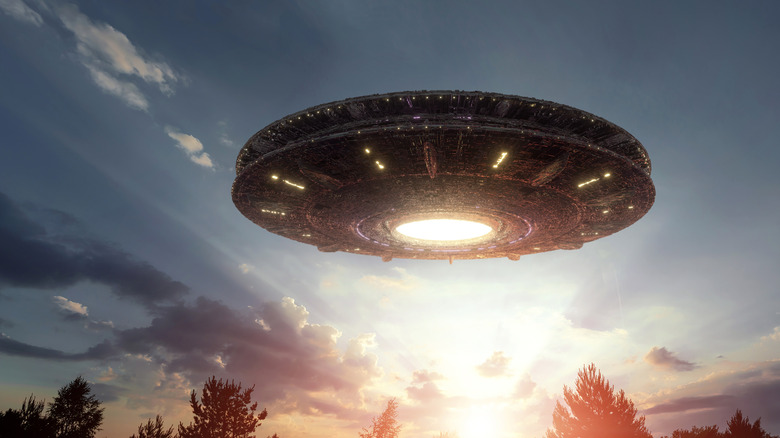
What You Should Know About Alien Invasion: Hudson Valley's Ben Hansen

The Real-Life Inspiration Behind The Conjuring: The Devil Made Me Do It

Creepy Things That Were Considered Normal 1,000 Years Ago
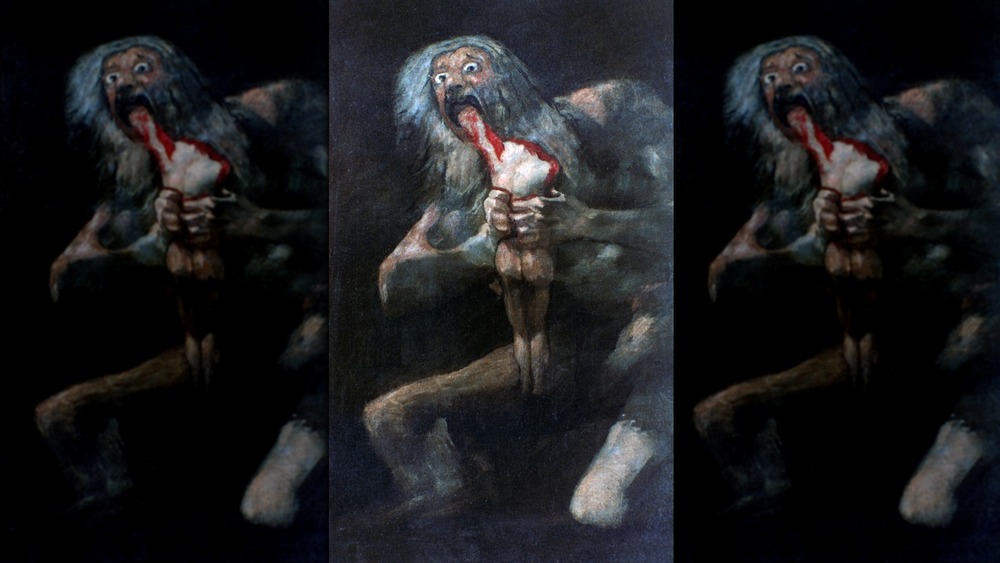
Is Cannibalism Illegal In The U.S.? The Answer May Surprise You

The Legend Of Bloody Mary Explained
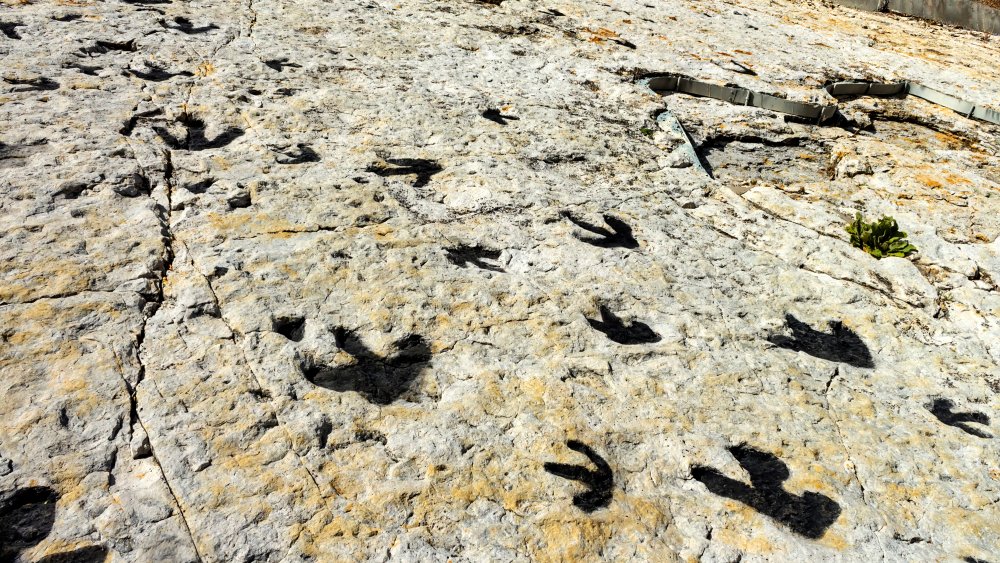
Scientists Solve Mystery Of Dinosaur Tracks On A Cave Ceiling

Shell Shock: This Turtle May Have Been The Largest To Ever Live
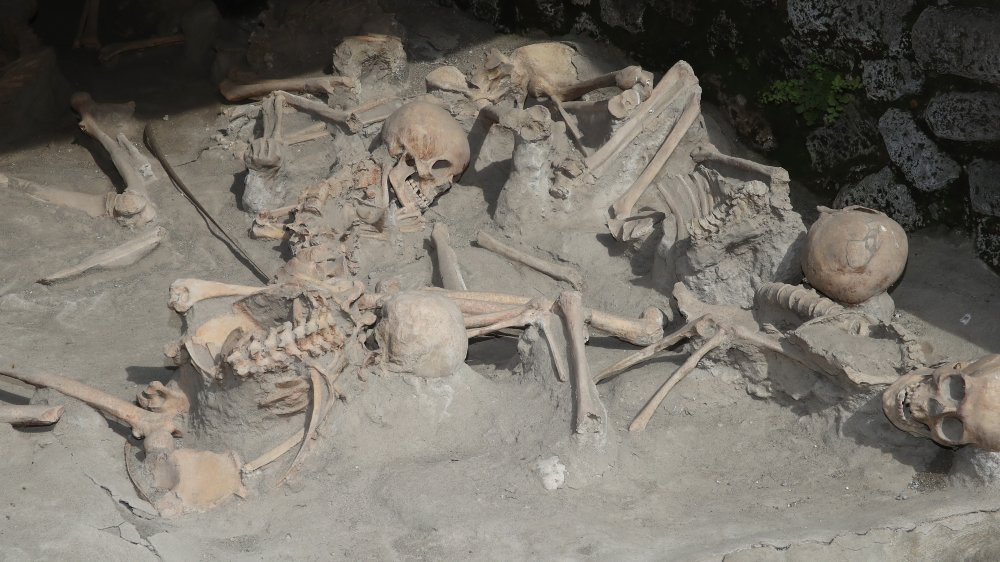
Mt. Vesuvius Eruption 'Turned Man's Brain To Glass'

Bill Nye Is Suing Disney For $28 Million
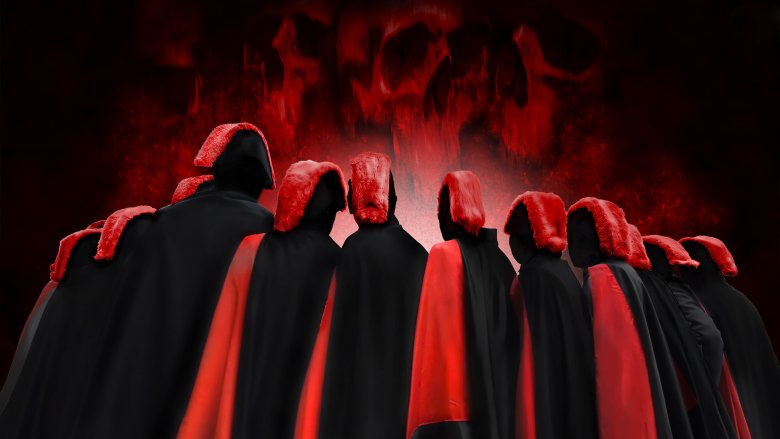
What Really Goes On At Bohemian Grove
